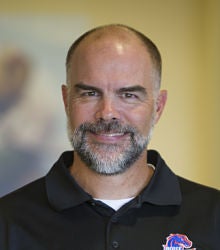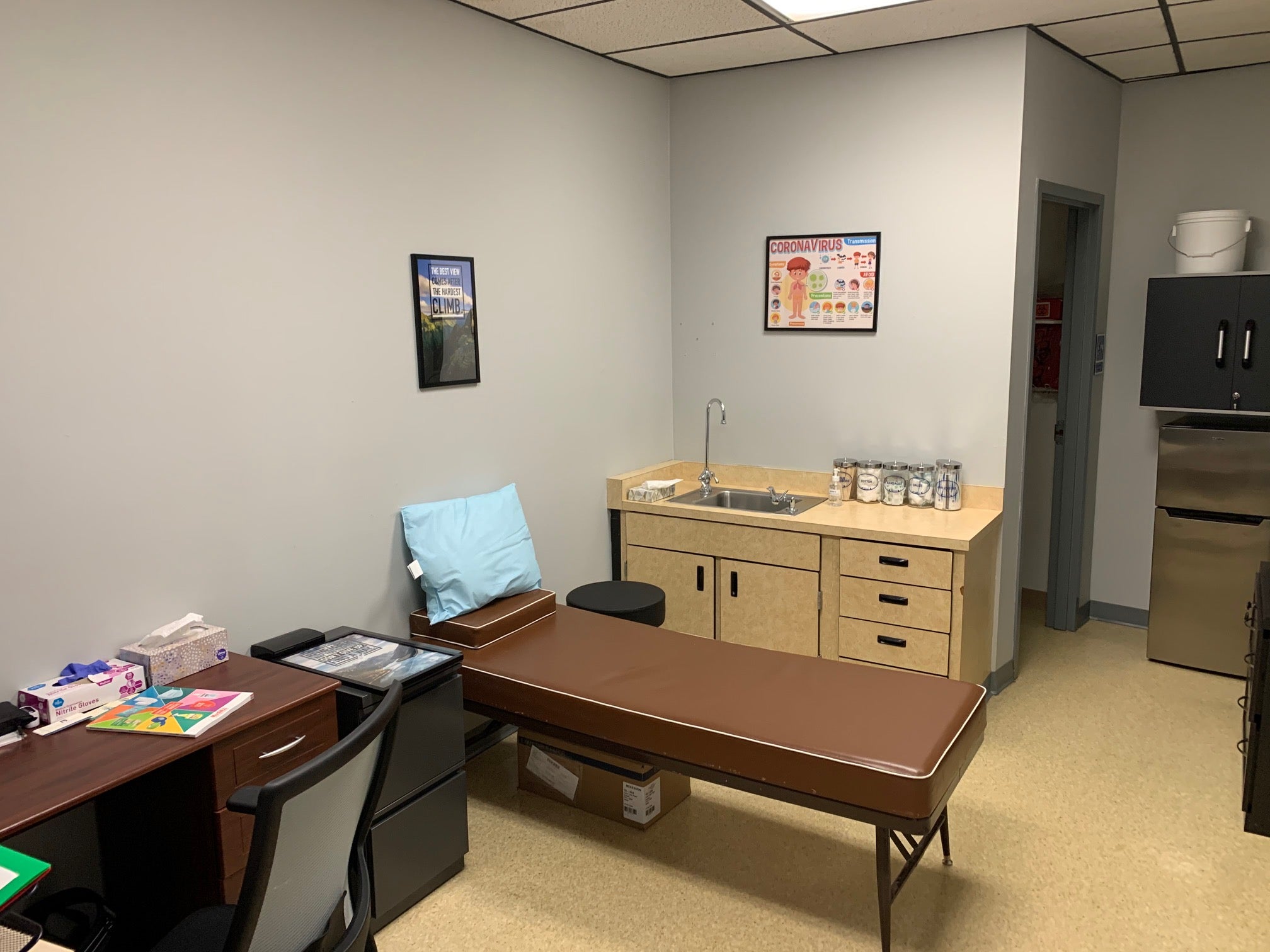— By Angela Fairbanks (Fairbanks is a content writer in the School of Nursing)
By the time an average student graduates from public school in the United States, they have spent 105,120 hours of their life in a classroom. A lot can happen in 105,120 hours: a child can discover their passion, a teenager can fall in love, or someone of any age can be injured or start to show signs of chronic illness.
School nurses are known for treating playground injuries, but they can play an essential role in identifying early signs of chronic illnesses such as asthma or diabetes, as well as mental and behavioral concerns such as depression, anxiety, and hyperactivity disorders. Even so, up to 60% of American schools aren’t able to employ a full-time, formally-trained nurse on campus, according to the American Academy of Pediatrics.
In rural or medically underserved areas, school-based care may be the only option available for children and their families. Rural Americans are at a higher risk for heart disease, cancer, unintentional injury and stroke than urban residents, according to the CDC. Children in these areas with mental, behavioral, and developmental disorders face more challenges than children in urban areas with the same disorders.
The issue is pressing in Idaho, where one third of Idaho residents live in rural areas, according to the USDA Economic Research Service.
Making a difference in one community
Marsing is a rural town of 1,434 residents located 38 miles outside of Boise, the state capital. In January, 2021, the Marsing School District worked with Boise State School of Nursing and Southwest District Health to open the HUB Health Center, a school-based clinic. The HUB is a stone’s throw from Marsing’s elementary school, and a 30-second walk from its middle and high schools.
At the HUB, students at all three schools can receive care for sports injuries like bruises and scrapes; nutritional education to encourage a healthy relationship with food; or guidance and referrals to specialists for more serious injuries, mental and behavioral health concerns, or chronic illnesses.

Max Veltman, licensed pediatric nurse practitioner and associate professor in the School of Nursing, helps staff the clinic along with Frances D’Orazio, a registered nurse at St. Luke’s Health Systems. Veltman and D’Orazio provide care for students, along with guidance and education for their families.
“I want to teach parents how to raise healthy children, because parents are the key to a healthy family,” Veltman said. “If we devote more resources to families, we can reinvent the field of healthcare.”
The clinic will benefit Boise State as well. As soon as the pandemic is over, nursing students may be able to complete clinical hours there.

More on the value of healthcare in schools
The accessibility of school-based healthcare can significantly increase the number of families that receive effective guidance and care plans for children with any kind of medical condition.
Joelle Powers, associate dean of the College of Health Sciences, spent seven years delivering in-school mental health care to rural and underserved communities in North Carolina. “Bringing services to the kids eliminated barriers to care,” she said. “A lot of our families did not have transportation, or the money or resources for public transit, so they couldn’t get to a clinic or agency. It also opened lines of communication, because these patients were more comfortable in an environment they already knew.”
In addition, school-based clinics allow educators and healthcare providers to work together to serve their students. Educators spend a great deal of time with their students, and can provide information the same way a family member can: is this student acting out? Sleeping in class? Are they having trouble hearing, seeing, or moving the same way as their classmates? Patients benefit greatly from a diverse care team, and educators can play a valuable role.
School-based care can also have notable long-term impacts on communities at large. Communities with school-based healthcare tend to have lower suspension and non-completion rates, reduced violence and substance abuse, higher graduation rates, and improved overall health and well-being, according to the American Public Health Association.